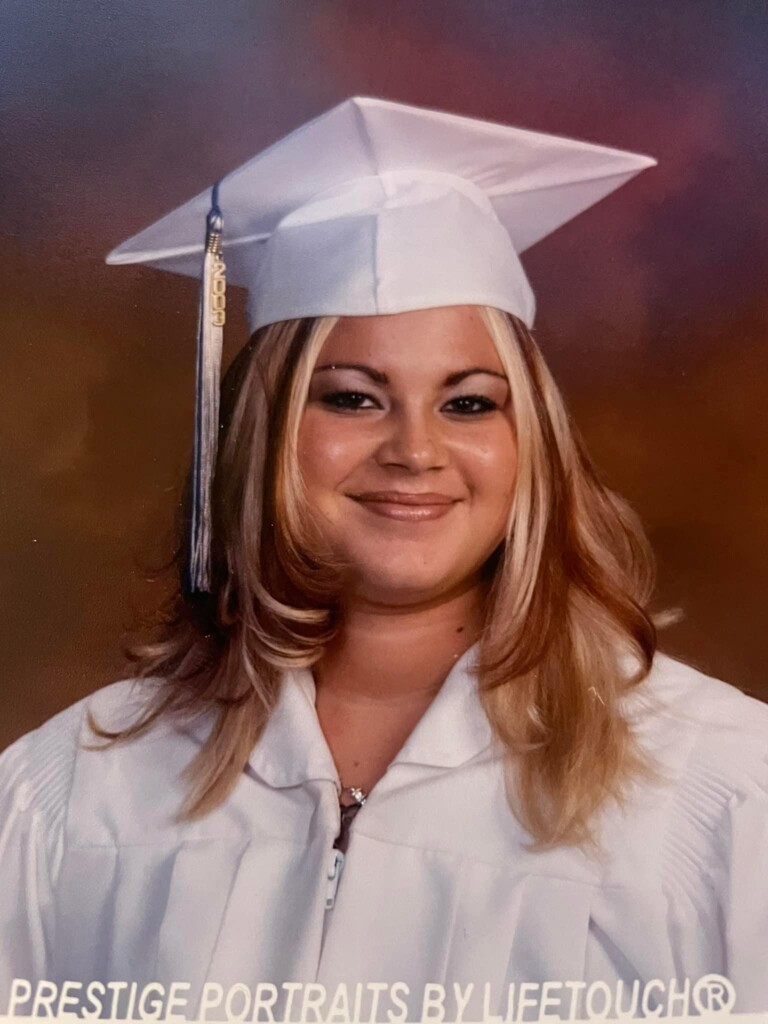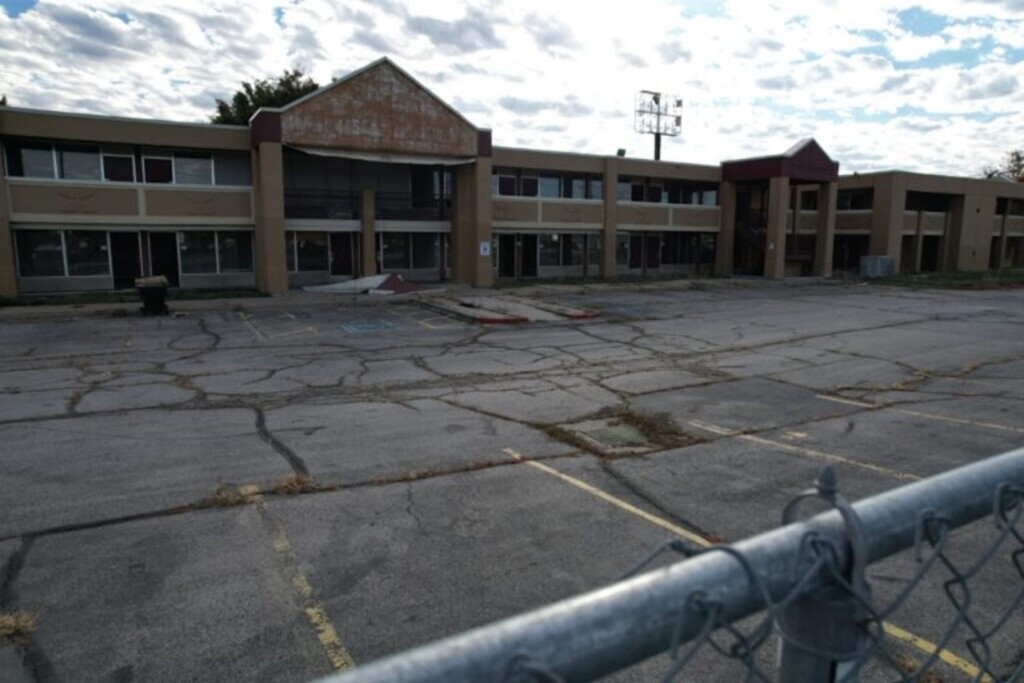
In March, Utah legislative leaders put on hold a bill that would have imposed a 3.1 percent sales tax on a wide range of services such as accounting, landscaping, life coaching, construction and plumbing—but opponents are worried the measure could be revived as lawmakers continue working to overhaul the state’s taxing system.
Doctors’ & Lawyers’ Concern Over House Bill 411
At a recent town hall meeting at Utah Valley University in Orem, held by the legislature’s Tax Restructuring and Equalization Task Force, doctors and lawyers voiced their concerns about House Bill 441’s proposal that their services be taxed.
Kimball Crofts, president of the Utah Society of Plastic Surgery, spoke on behalf of the organization’s 75 members and said a sales tax on their services would discriminate against women because they are the majority of patients who have cosmetic procedures.
In addition, he wondered whether tax auditors with no medical training would be deciding which procedures are cosmetic and which are reconstructive. Cosmetic surgery would be taxed under the bill and reconstructive operations would not.
“What is a taxable procedure? A young girl with prominent ears being ridiculed by her friends? Someone with lots of breast tissue or no breast tissue? It seems like we’re discriminating against genetics and women,” Crofts said.
Crofts is especially worried about patient privacy and whether auditors would be looking at patients’ medical records, including naked photos of them, to determine whether a procedure was taxable.
Two other plastic surgeons also were among the approximately 30 people who commented. Dr. Brian Brzowski of Ogden said patients are price conscious and are willing to travel out-of-state for a procedure, thus reducing the client base in Utah. “We live in a consumer culture driven by lower prices, and rest assured, Nevada surgeons will take advantage of this opportunity to siphon patients out of Utah,” he told the group.
Restructuring Utah’s Taxes
The Orem town hall in July was the last of eight held around the state as part of the task force’s “listening tour.” The five representatives and five senators on the panel will make recommendations on reforms later.
Sen. Lincoln Fillmore, R-South Jordan, and Rep. Robert Spendlove, R-Sandy, who are co-chairs of the Revenue and Taxation Interim Committee and task force members, wrote on the Strong Futures blog that the state government has adequate revenue and the issue is allocation of taxes.
Taxes—property, income, gas, and sales—are “siloed” into four areas, creating disproportionate support for essential programs, Fillmore and Spendlove wrote. The task force will be studying ways to resolve the problem, including modifying the tax base, re-balancing existing tax rates, reducing government spending and breaking down revenue silos, they said.
“As this process begins, it is important to note that all options are on the table for consideration,” the two lawmakers wrote. “There isn’t a defined solution, and we are working from a clean slate.”
Service Transaction Tax
Attendees discussed a number of tax reform issues, but the service transaction tax brought the most comments, including from a number of lawyers.
Herm Olsen, president of the Utah State Bar, read a statement from a man saying he was charged with a felony that he didn’t commit, and he wanted to hire a private attorney to represent him. A few hundred dollars in taxes would have tipped the scales in favor of using a public defender, the writer said. “Please don’t hurt people at their time of greatest personal and legal need,” he continued.
Provo attorney Tom Seiler, a Utah State Bar Commissioner, said more non-lawyers will represent themselves if they are priced out of hiring legal help. Those litigants slow down the justice system because they do not understand the legal system and their cases take longer to move through the courts, which would require the hiring of more judges.
Joseph Woodbury, founder and CEO of Neighbor.com, a Lehi business that connects people who have extra space in their homes and sheds with nearby residents looking for a place to store their stuff, said that in Utah County, one in 10 jobs is in tech and 20 percent of the wages come from tech companies. He observed that if there was a tax on services, companies would hire fewer people, thus meaning less wages being paid and less income tax revenue for Utah.
In a later interview with Utah Stories, Woodbury said that many states have adopted a sales tax on services and later repealed it. Connecticut Gov. Ned Lamont proposed a set of new taxes on services, including businesses like Netflix and Uber, but the state legislature rejected the proposal, he said.
Utah also should reject a service sales tax, Woodbury said. “We don’t really need it. We’re running a surplus now.”
Utah’s Community Input
An estimated 1,500 people attended the eight town halls, with about 30 speaking at each one, according to Aundrea Peterson, the Utah Senate’s director of communications, adding that the task force also has received hundreds of written comments submitted online and at the town halls.
The comments have covered a range of topics. Rep. Mike Schultz, R-Hooper, said one unique idea suggested at a previous town hall was that “We should legalize gambling, prostitution and recreational marijuana, and that will solve all our problems because then we can tax it.”
“I don’t think that’s something that’s going to pass the legislature, nor would the citizens of the state be accepting of that,” Schultz said.
Since the town halls concluded, the task force has held study meetings to gather more information about proposed changes. The meetings will continue into October, when the service sales tax is expected to be discussed further.
After analyzing the information, the task force will make its recommendations to the legislature.



